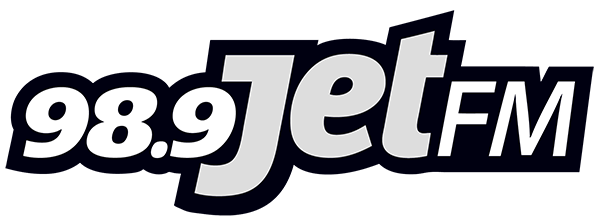A business advocacy group says WorkSafeBC should return some of its nearly $2-billion surplus to small businesses in British Columbia.
WorkSafeBC manages the province’s workers’ compensation system, covering costs related to work injuries or illnesses. It is funded through employer premiums and investment returns on those premiums. The agency ended last year with a funding level of 141 per cent, significantly above its target of 130 per cent, amounting to a surplus just under $2 billion.
The Canadian Federation of Independent Business (CFIB) estimates a B.C. small business with five employees could receive a rebate of about $3,800 from the agency’s 2024 surplus.
“Returning a portion of this surplus to WorkSafeBC ratepayers would help small businesses fight back against U.S. tariffs and make ends meet,” said Ryan Mitton, CFIB’s director of legislative affairs for B.C.
The provincial Crown corporation said its surplus helps maintain low premium rates for employers, noting that its funding level and surplus have declined over recent years. WorkSafeBC had a $3.5-billion surplus in 2021, which has steadily decreased since.
“The current WorkSafeBC rate-setting approach already includes mechanisms to return surplus funds to employers when the funding level exceeds its target,” the agency said in a statement.
“What CFIB does not understand is that if the surplus were fully rebated to employers, WorkSafeBC would not be able to keep rates below costs. After a full rebate of the surplus, rates would immediately become volatile year-over-year and would need to steadily increase in subsequent years to match costs.”
The agency says the average employer premium rate for 2025 is $1.55 per $100 of payroll, while the actual system cost is $1.78, with the annual difference funded by the surplus.
CFIB notes that B.C., along with Quebec and Nova Scotia, is one of only three provinces without policies to routinely return surplus funds to employers.
“WorkSafe, to date, has not been eager to listen to the voice of small business on this issue,” said Mitton. “I hope they listen to other provinces that see this as a good, common-sense policy to help small businesses.”






